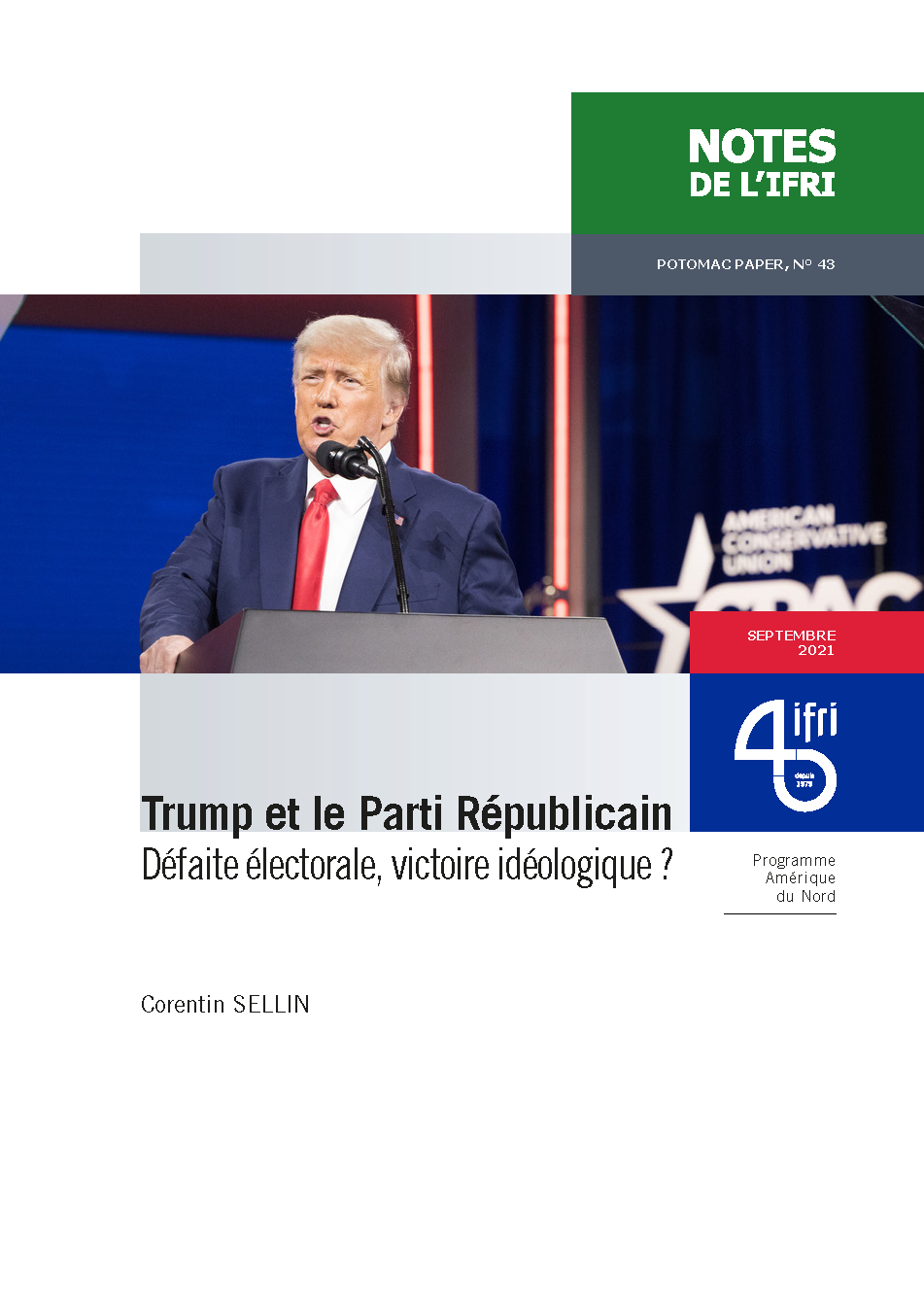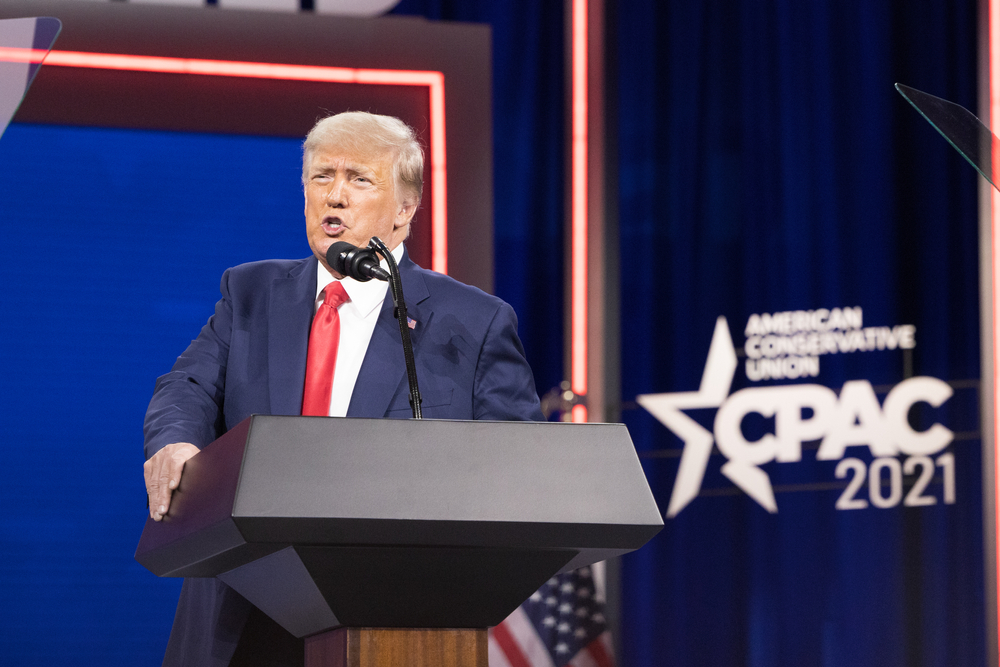Trump and the Republican Party: electoral defeat, ideological victory?

During Donald Trump’s four-year term, many new Republican candidates have been elected to Congress. Often backed by the former president from the GOP’s primaries, they were chosen for their devotion towards him and their support for his policies : moral conservatism and laissez-faire attitudes towards fiscal and environmental issues are old Republican tenets taken over by Trump, while nativist and economic nationalism (based on anti-immigration and protectionist policies respectively), as well as the portrayal of White people without college degree as an oppressed minority are fresh precepts brought forward by the former populist President.

The November 2020 election results illustrate the echo met by this ideological transformation. Though Joe Biden won 7 million more votes than his opponent, said votes were unequally distributed between states just as in 2016, and the Republican candidate only lost by a tiny margin in the Electoral College. Moreover, pollsters were once again seriously mistaken in their prediction of a much larger lead by the Democratic candidate.
Trump’s defeat is due to his electoral base consisting mainly of non-college Whites, who were proportionately less numerous in the electorate than in 2016. Those voters are not necessarily amongst the poorest (which leads to a continuing debate over a precise definition of the American “working class”). At the end of the day, lack of a college degree and an anti-elitist stance constitute the key markers of the Trump vote. This is probably why a rise of Trump voters among non-college Hispanics has also been observed.
Despite predictions of a demographic weakening of this electorate, the Republican Party persists in this ideological turnover as it prepares for the 2022 mid-term elections. Republican candidates, including potentials Trump substitutes such as Senators Ted Cruz (Texas) or Marco Rubio (Florida), have to both embrace the thesis of the massive voter fraud in Biden’s 2020 victory, and refuse any conviction for Trump’s call for insurrection leading to the January 6 events – two major elements of the Party’s new creed.
More generally, the Republican goal continues to be the implementation of increasingly favorable rules for the country’s richest, relying on a double tactical move: first, the deployment of a nativist rhetoric intended to mobilize the non-college White American vote; second, a vast voter suppression effort in Republican legislatures across the country, aimed primarily at minorities.
This content is available in French: Trump et le Parti républicain : défaite électorale, victoire idéologique ?




